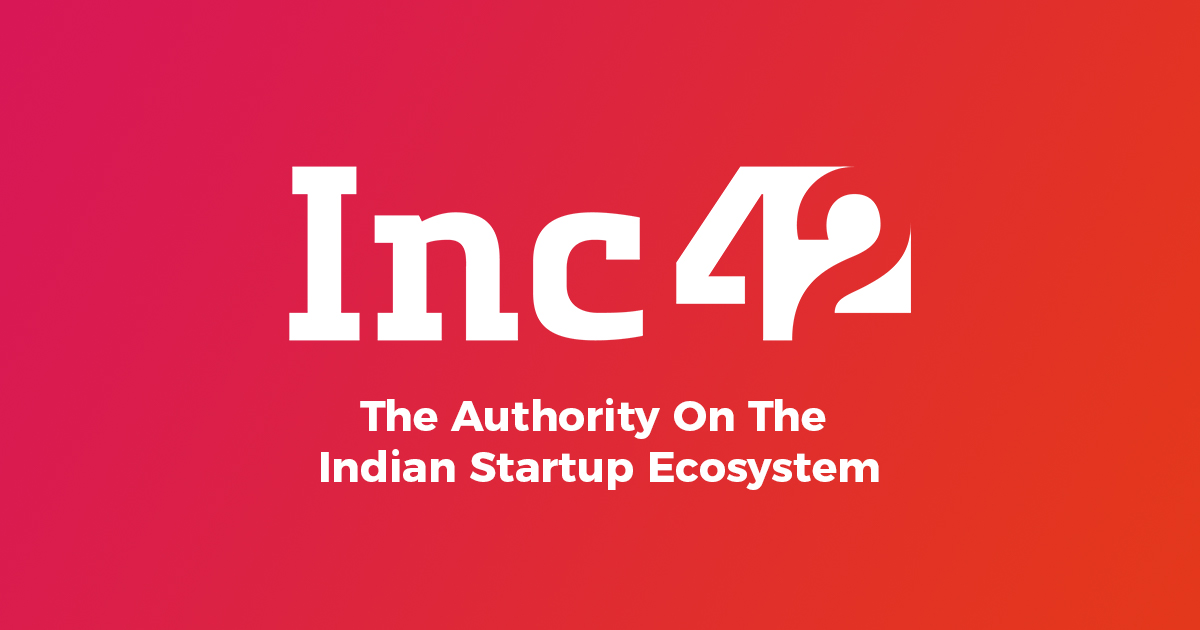The Delhi government has defined sector-specific rules for aggregators operating in the Delhi NCR region in the final draft aggregator policy. The government has also eased EV adoption goals for aggregators in the final draft.
These rules will apply to all companies aggregating more than 25 vehicles excluding buses.
The draft aggregator policy was first issued in January 2022 as a way to regulate vehicle aggregators in Delhi NCR. This includes cab aggregators such as Ola and Uber, food delivery companies such as Swiggy and Zomato, and logistics and ecommerce companies such as Amazon and Flipkart, among others.
The latest draft has been put together after consultations with stakeholders and companies in the field. The government has given 21 days for public feedback.
Incidentally, the January draft identified every company that had a vehicle fleet as an aggregator and the rules were the same for all of the companies, without considering the niche they operate in.
However, in the new draft, the Delhi government has defined three separate sectors; passenger transport, last-mile delivery and ecommerce. The draft policy features separate rules for all three sectors.
The Delhi government has eased the EV adoption goals as well in the new draft aggregator policy.
In the previous draft, tech aggregators had to electrify 10% of their new two-wheeler and three-wheeler fleet within six months of getting a license. The aggregators had to electrify 25% of their fleet by the end of the first year and 50% of the fleet within two years of getting a license.
In four-wheeler fleets, EV adoption targets were set at 5% within six months, and 25% by the end of one year. The new draft aggregator policy has extended the EV adoption target to two years. It has also extended the deadline for transition to an all-electric fleet by 2030.
The draft aggregator policy focuses on the electrification of aggregators and brings transparency in pricing and access to data. This includes the number of drivers, the quality of vehicles, the ratings of the drivers, and ensuring adequate customer care is being provided.
In the draft aggregator policy, the government also has provisioned training for low-performing drivers for ride-hailing companies. For instance, if a driver’s rating is less than 3.5, the ride-hailing company will have to take ‘remedial training and corrective measures to rectify the issue,’ according to the policy.
What’s more, the draft aggregator policy also mandates that the aggregators will have to provide quarterly reports on driver ratings and complaints received against the drivers to the transport department.
The draft aggregator policy also asks cab aggregators to establish a 24-hour control and command centre in Delhi.
The new draft aggregator policy comes after the Internet and Mobile Association of India (IAMAI) raised concerns with the government over the EV conversion targets in the draft Motor Vehicles Aggregator scheme. IAMAI has argued that it is too ambitious and burdensome for aggregators.










